
Projects
Kangaroo Island Project
In January 2020, a bushfire in the Flinders Chase National Park broke containment lines and devastated more than 210,000 hectares of Kangaroo Island, South Australia, one of the country’s most iconic destinations. The bushfire event damaged 14,500 hectares of sustainable forestry plantations on the island beyond salvage. Removing the plantations has been a high priority of the community given the risk of further fires. The economically feasible choices for the plantation owner to remove the burned timber were grim right after the fires:
- Leave the trees to decompose
- Harvest and burn the waste timber

Either option would have resulted in over 2 million tons of carbon dioxide emissions into the atmosphere along with methane and other air pollutants—terrible outcomes for the residents of South Australia and for the climate and environment.
Carbon markets created a new option, enabling the financing of a biochar project that would turn the burned plantations into biochar and durably store the carbon, avoiding its release into the atmosphere. The biochar also can be used in agricultural markets and other industrial processes to support sustainability objectives.
Re-Vi, along with our partners, is building one of the world’s largest and most ambitious biochar projects on Kangaroo Island, which will create a number of compelling outcomes.

Sustainably processing 4.5 million tons of burned timber into biochar for carbon credits and for use by agriculture and industry
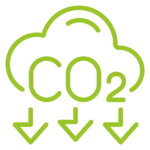
Permanently storing 2 million tons of carbon dioxide in biochar

Supporting the remediation of 20,000 hectares of agricultural land

Helping the people, fauna and flora of Kangaroo Island recover from the devastating 2020 bushfires

Deploy world-leading technology that can make biochar an at-scale climate solution

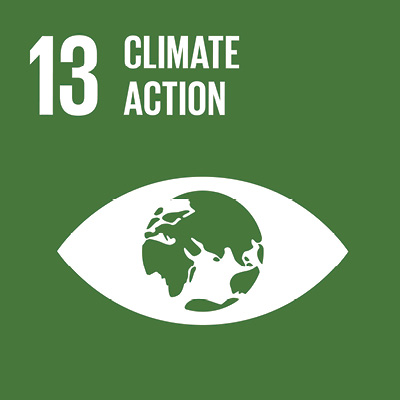
United Nations Sustainable Development Goals
Re-Vi’s project on Kangaroo Island and projects under development will contribute meaningfully to a number of the UN’s Sustainable Development Goals.
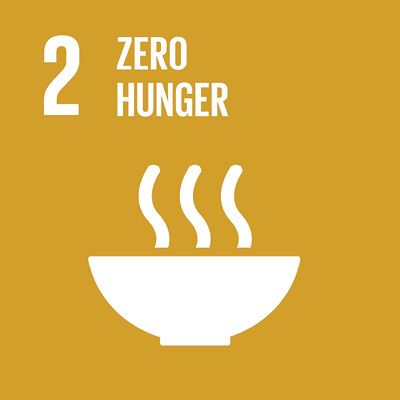
Target 2.4 Ensuring sustainable food production and resilient agricultural practices.
When used as a soil amendment, biochar can sustainably improve soil health and agricultural productivity, thereby supporting food security.
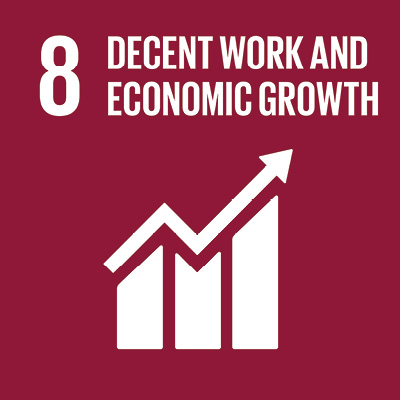
Target 8.2 Achieving higher levels of economic productivity through diversification, technological upgrades and innovation.
Re-Vi projects will contribute towards technological innovation in carbon removal technologies in addition to employment and job growth, on Kangaroo Island and beyond.
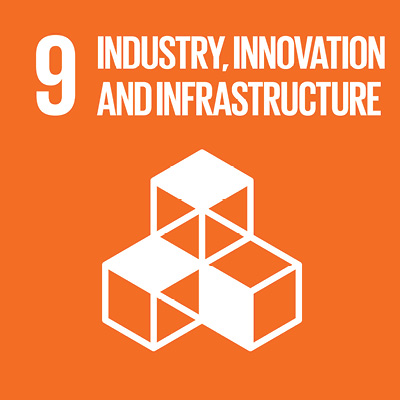
Target 9.4 By 2030, upgrade infrastructure and retrofit industries to make them sustainable, with increased resource-use efficiency and greater adoption of clean and environmentally sound technologies and industrial processes, with all countries taking action in accordance with their respective capabilities.
Re-Vi’s projects will contribute towards technological innovation in carbon removal technologies in addition to employment and job growth.

Target 12.2 Achieving the sustainable management and efficient use of natural resources.
Re-Vi’s projects will promote efficient management of waste biomass, converting wood into biochar.
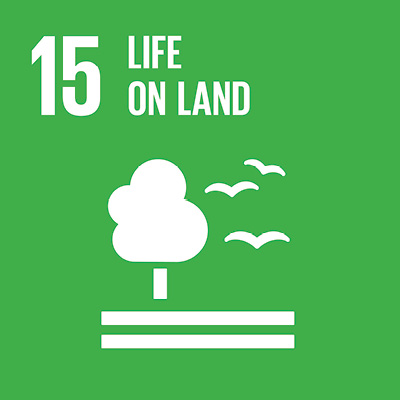
Target 15.3 Combating desertification, and restoring degraded land and soil.
Biochar production will avoid the clearing of forest via burning. Biochar’s application to soil can improve water security, prevent land degradation and offer a pathway to restore already degraded lands.
The Kangaroo Island Project is in production.
We are off to a great start and have ambitious but achievable goals.
At full production in 2026 we expect to be producing approximately 200,000 durable CDR credits and 100,000 tons of biochar per year.
Fill in the form below to enquire about our biochar and carbon dioxide removal credits and to receive company updates.
